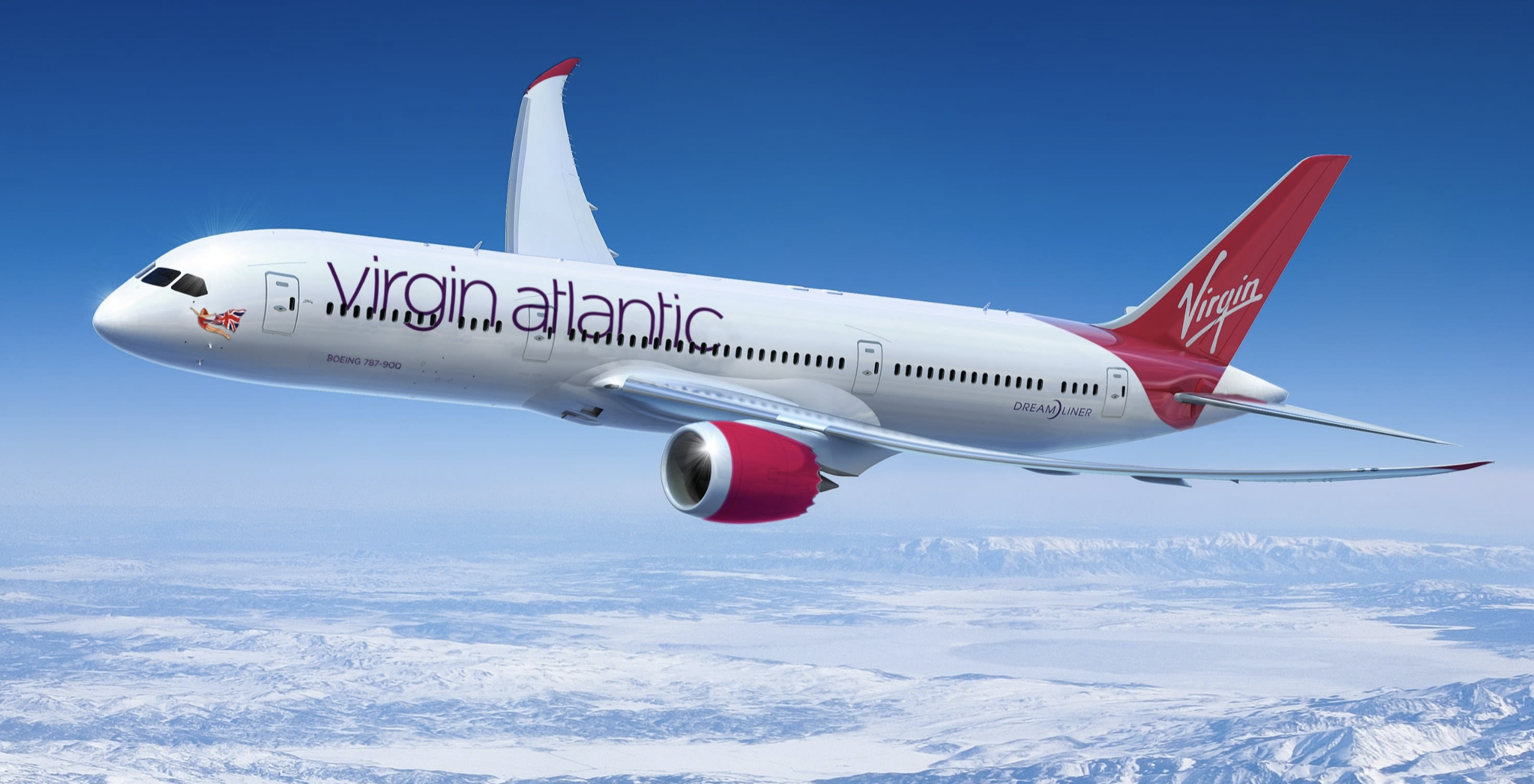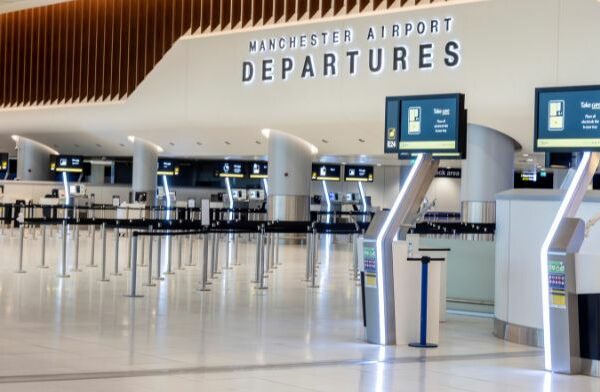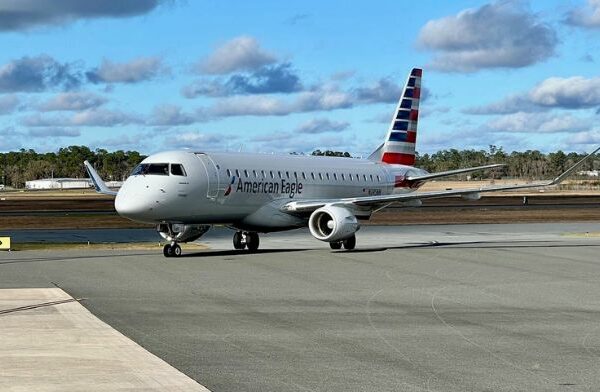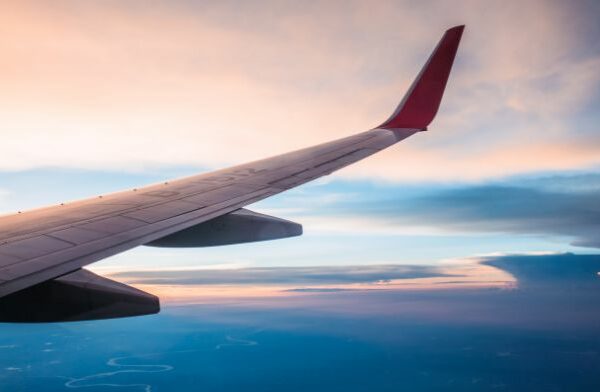


London Heathrow Airport (LHR) in the UK is preparing for the world’s first transatlantic net zero flight to fly from its facility to John F Kennedy (JFK) in New York in 2023. Virgin Atlantic’s flagship Boeing 787 will be powered using Rolls-Royce Trent 100 engines and will be operated using solely sustainable aviation fuel (SAF).
The SAF being used for the flight will be made primarily from waste oils and fats, such as used cooking oil. The use of 100% SAF on the flight, combined with carbon removal through biochar credits – a material which traps and stores carbon taken from the atmosphere – will make the flight net zero.
Noting that its New York route continues to be one of the airline’s most popular routes since being inaugurated in 1984, Shai Weiss, Virgin Atlantic CEO said: “As an airline founded on and committed to innovation, we’re proud to lead a cross industry consortium of partners to make aviation history by operating the first ever 100% SAF flight across the Atlantic.”
He added: “This challenge recognises the critical role that SAF has to play in decarbonising aviation and the urgent collective action needed to scale production and use of SAF globally. The research and results will be a huge step in fast tracking SAF use across the aviation industry and support the investment, collaboration and urgency needed to produce SAF at scale. Our collective ambition of net zero by 2050 depends on it.”
The need to scale up SAF production and supply remains one of the key obstacles to the wider adoption of SAF globally. Today, a maximum of 50% SAF blended with kerosene can be used in commercial jet engines. By using 100% SAF, the consortium behind the world’s first transatlantic 100% SAF flight will demonstrate the potential to decarbonise long-haul routes and bring the industry a step closer to net zero aviation.
Other challenges preventing a higher uptake of SAF include the costs, technology risk at commercial scale and feedstock availability. To address these challenges, the UK Government is introducing a SAF mandate requiring at least 10% of jet fuel to be made from sustainable sources by 2030 to create secure and growing demand. It will also continue to invest in a domestic SAF industry though the £165m Advanced Fuels Fund and will work with the industry and investors to understand how to secure long-term investment into the sector.
Alastair Blanshard, ICF Sustainable Aviation Lead added: “Flying over an ocean at nearly the speed of sound without producing any net climate impact will be an inspiring step towards a net zero aviation industry. ICF is delighted to partner with Virgin Atlantic to make this milestone a reality in 2023. We will draw on our decades of experience in sustainable aviation to develop, apply and critically assess methods to estimate and measure the life-cycle climate impact of transatlantic operations and apply these to achieve a net zero flight.”





